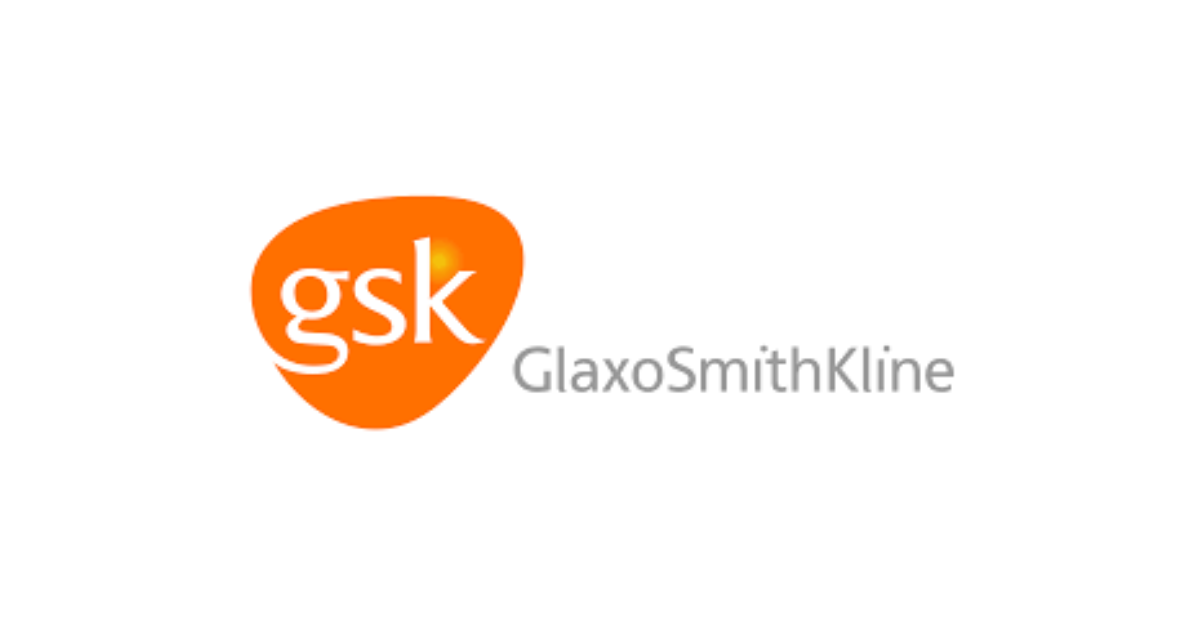GlaxoSmithKline (GSK) is a leading global pharmaceutical and healthcare company headquartered in Brentford, London. With a legacy spanning over a century, GSK was formed through the merger of GlaxoWellcome and SmithKline Beecham in 2000. The company specializes in pharmaceuticals, vaccines, and consumer healthcare products, with renowned brands like Sensodyne, Panadol, and Voltaren. GSK is known for pioneering vaccine research and breakthrough treatments for respiratory diseases, HIV, and infectious illnesses. With a strong global presence in over 100 countries, GSK continues to focus on innovation, sustainability, and accessible healthcare solutions, making it one of the most influential names in the pharmaceutical industry.
Company Information
Company Name:
- GlaxoSmithKline (GSK)
Founder Name:
- Joseph Nathan (Glaxo, 1873)
- John K. Smith & Mahlon Kline (SmithKline, 1830s)
Founded Year:
- Glaxo: 1873 (New Zealand)
- SmithKline: 1830 (United States)
- Merged to form GSK in 2000
Headquarters:
- Brentford, London, United Kingdom
Products:
- Pharmaceuticals
- Vaccines
- Consumer Healthcare Products
- Over-the-counter Medicines
- Prescription Drugs
- HIV and Respiratory Treatments
- Pain Relievers (Panadol, Voltaren)
- Oral Health (Sensodyne, Parodontax)
Services:
- Pharmaceutical Research & Development
- Vaccine Development
- Healthcare and Medical Research
- Disease Prevention and Awareness Programs
- Digital Healthcare Solutions
Competitors:
- Pfizer
- Johnson & Johnson
- Merck & Co.
- Novartis
- Roche
- Sanofi
- AstraZeneca
- Eli Lilly
- Bayer
- AbbVie
Company History & Growth:
1. Early Foundations
- Glaxo began as a dairy products company in 1873, evolving into pharmaceuticals.
- SmithKline was founded in the 1830s as a drugstore, later expanding into medicine manufacturing.
2. Expansion & Mergers
- Glaxo expanded into pharmaceutical research in the early 20th century.
- SmithKline merged with Beecham in 1989, forming SmithKline Beecham.
- In 2000, GlaxoWellcome and SmithKline Beecham merged to form GlaxoSmithKline (GSK), creating one of the world’s largest pharmaceutical companies.
3. Global Expansion & Innovation
- Focused on research-driven drug discovery and vaccine development.
- Established a strong global presence across over 100 countries.
- Investments in consumer healthcare led to the success of brands like Sensodyne and Panadol.
Challenges & Lessons:
- Regulatory Hurdles: Navigating strict global pharmaceutical regulations.
- Patent Expirations: Loss of exclusivity leading to revenue declines.
- Competition: Facing intense competition from generic drug manufacturers.
- Ethical & Legal Issues: Past allegations and legal challenges leading to strategic changes.
- R&D Challenges: The high cost and uncertainty of drug development.
Innovations:
- Breakthrough Vaccines: Development of life-saving vaccines for diseases like malaria, shingles, and COVID-19.
- HIV Treatments: Leading advancements in HIV/AIDS treatment through ViiV Healthcare.
- Consumer Healthcare: Pioneering dental care innovations with Sensodyne and Parodontax.
- AI in Drug Discovery: Integrating artificial intelligence to accelerate pharmaceutical research.
- Sustainable Practices: Commitment to reducing carbon footprint and eco-friendly production methods.
Achievements or Milestones:
- 2000: Formation of GlaxoSmithKline through a historic merger.
- 2012: Introduced the world’s first malaria vaccine.
- 2015: Spin-off of consumer healthcare division in a joint venture with Novartis.
- 2021: Launched breakthrough RSV (Respiratory Syncytial Virus) vaccine research.
- 2022: GSK separated its consumer healthcare business into a new company, Haleon.
Recognitions & Awards:
- Fortune 500 Listing: Regularly ranked among the world’s largest pharmaceutical companies.
- Top Employer Awards: Recognized for workplace diversity and employee benefits.
- Forbes Global 2000: Consistently listed among the top global companies.
- Pharma Innovation Awards: Recognized for contributions to vaccine and drug development.
- Sustainability Awards: Acknowledged for leadership in environmental and health initiatives.
Recap of the Company’s Success Story and Achievements:
GlaxoSmithKline (GSK) has cemented itself as a global leader in pharmaceuticals, vaccines, and consumer healthcare. Originating from two separate companies, Glaxo and SmithKline, the merger in 2000 created a powerhouse in drug research and development. Over the years, GSK has pioneered treatments for life-threatening diseases, revolutionized consumer healthcare products, and led innovation in vaccine development. The company has successfully navigated industry challenges, including regulatory hurdles, intense competition, and R&D complexities. GSK’s ability to innovate while maintaining a commitment to ethical healthcare and sustainability has earned it global recognition. With a strong portfolio in pharmaceuticals and vaccines, GSK continues to shape the future of healthcare, ensuring better access to medicine worldwide.
What Entrepreneurs Can Learn from This Company’s Success Story:
Entrepreneurs can draw several lessons from GSK’s journey:
- Innovation is Key: GSK’s success stems from constant innovation in pharmaceuticals and consumer healthcare.
- Strategic Mergers Can Lead to Growth: The merger between GlaxoWellcome and SmithKline Beecham created a stronger, more competitive entity.
- Resilience in a Competitive Industry: GSK has thrived despite regulatory and competitive challenges, showing the importance of adaptability.
- Focus on Research & Development: Investing in R&D leads to long-term growth and a competitive edge.
- Global Expansion Strategies: GSK’s presence in over 100 countries showcases the benefits of global scaling.
- Ethical Business Practices Matter: Learning from past mistakes and focusing on ethical healthcare has strengthened its brand.
- Sustainability and Social Responsibility: A commitment to sustainability enhances corporate reputation and long-term viability.



